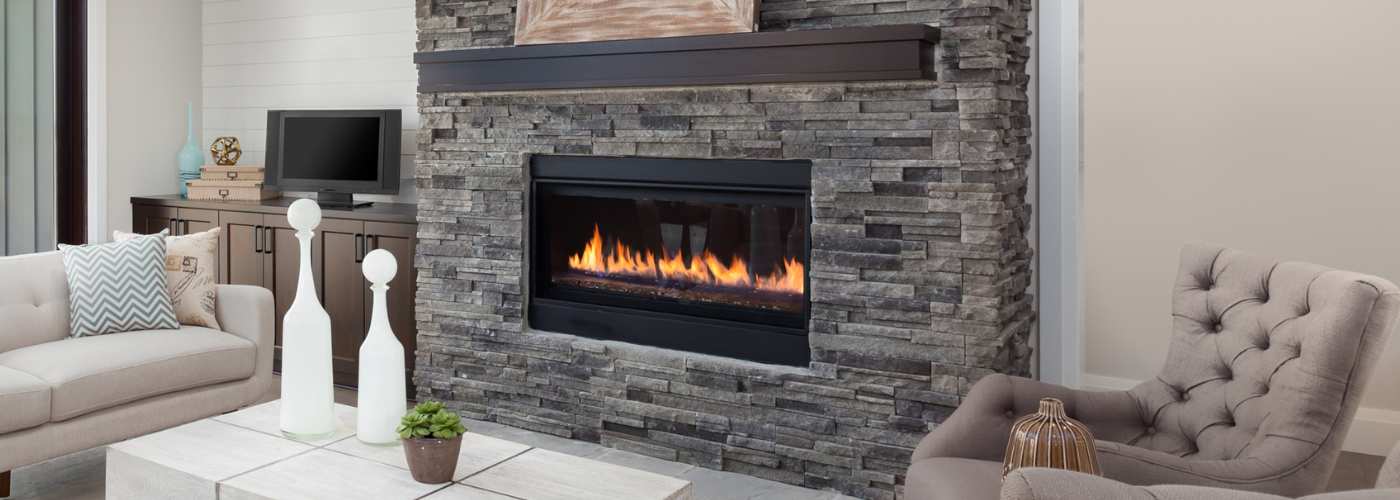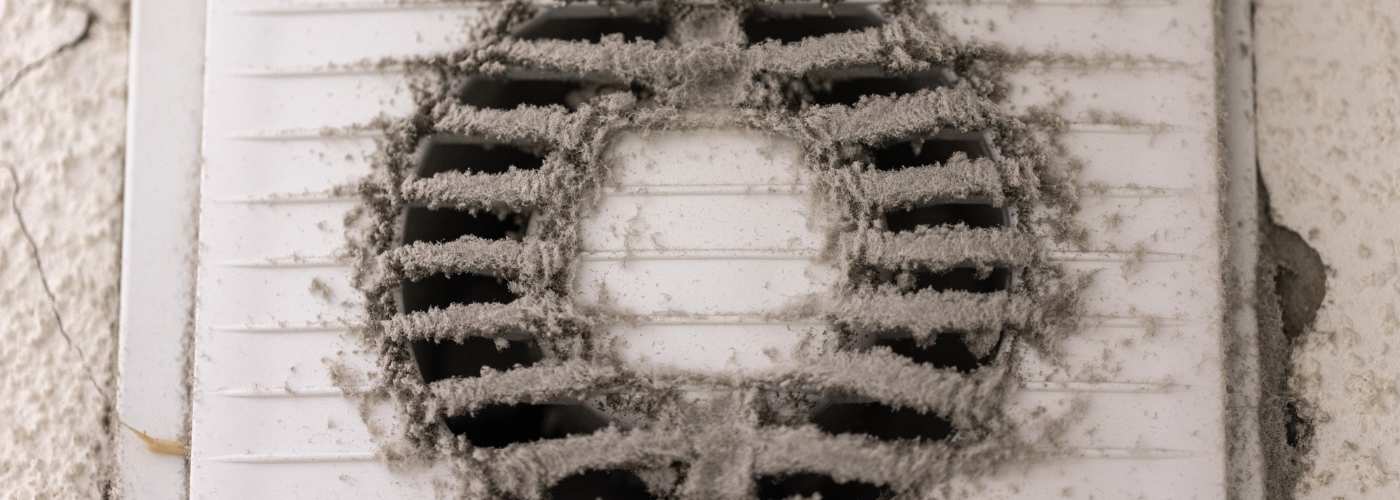Air quality is a major factor in the health and well-being of any home or office environment. Poor air quality can lead to physical problems such as respiratory irritation and allergies, as well as mental issues such as lethargy and headaches. Fortunately, there are ways to improve it. In this blog, we’ll review the best ways to increase air quality.
How To Improve Indoor Air Quality

Indoor air quality can significantly affect our health, with poor air quality leading to various respiratory problems and illnesses. Improving indoor air quality is important in protecting your family’s health and well-being. Fortunately, there are several different steps you can take to improve the air inside your home or office.
First, get an air duct cleaning service. It removes stubborn dirt and dust particles that can accumulate in hard-to-reach areas over time. Not only does this reduce allergens in the air, but it also enhances indoor air quality by eliminating odors from pet fur and smoke.
Additionally, cleaning these components help increase the efficiency of HVAC systems by reducing airflow blockages caused by debris buildup.
Second, it’s important to reduce pollution sources as much as possible. This includes smoking indoors, using harsh chemical cleaners and sprays which can cause fumes and odors, burning candles or incense, and vacuuming regularly with a vacuum cleaner that has strong suction power.
How To Check Air Quality In Home

If you are concerned about the air quality in your home, there are several ways to check it. A simple way to start is by assessing for common pollutants that can be found indoors. Pollutants such as dust, pet dander, and mold spores can affect the air quality of your home, so regular cleaning and vacuuming are essential.
Additionally, checking for carbon monoxide levels is important as well. It’s a colorless, odorless gas that can be toxic if breathed in large amounts over some time. To check this, you should purchase an electronic monitor to measure carbon monoxide levels.
Another option is to hire an indoor air quality specialist who will test your home using professional equipment. They will take readings at different points throughout your house to gauge the overall condition of the air inside.
What Causes Bad Air Quality

Bad air quality can cause a variety of health problems and can reduce the overall quality of life in an area. Many factors contribute to poor air quality, including emissions from burning fossil fuels, vehicle exhaust, industrial activities, chemical solvents, and pollutants released by factories. All these sources create a mix of pollutants known as smog that can affect air quality over a wide geographic range.
Air pollution is primarily caused by human activity, such as burning fossil fuels like coal or oil for energy production or transportation. Power plants and vehicles produce smoke that contains particulate matter like soot and sulfur dioxide, which are two major components of smog.
Industrial activities often release other gases into the atmosphere, such as nitrogen oxide, which contributes to the formation of ground-level ozone – another component of smog.
Additionally, dust, mold, dirt, and debris are also a factor in bad air quality indoors. These allergens can irritate your respiratory system and damage your overall health.
Can Bad Air Quality Make You Sick
Air pollution is a major issue that affects the health of many. Poor air quality can aggravate existing respiratory conditions, such as asthma and COPD, and cause systemic inflammation in the body. It has been linked to numerous health problems, including lung cancer, heart disease, stroke, and premature death.
The question then becomes: can bad air quality make you sick? The answer is yes.
Research shows there are serious long-term risks associated with breathing polluted air. Pollutants like particulate matter (PM2.5), nitrogen dioxide (NO2), and ozone (O3) can worsen existing respiratory issues or even cause them if an individual is exposed to high levels of pollution for sustained periods.
One way to prevent bad air quality is by regularly checking your home air filter. This acts as a layer of protection that prevents any pollutants from entering your home.


Related Stories
Stay Cool in the Desert: Expert HVAC Repair in Las Vegas with Air Duct LV
Living in Las Vegas means one thing for sure — you can’t afford to have
Aug
Why AC Leaks Happen—and How We Fix Them Fast
Few things are more frustrating than noticing water pooling near your air conditioner or finding
Jul
Aging Ductwork in Vegas Homes: Risks & When to Replace Instead of Clean
You probably don’t think much about your air ducts—until your home starts feeling less comfortable,
Jul
Duct Sealing Explained: Why It Matters Post-Cleaning
After getting your air ducts cleaned, you might think the job’s done. But sealing them
Jul